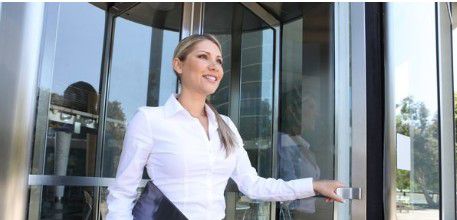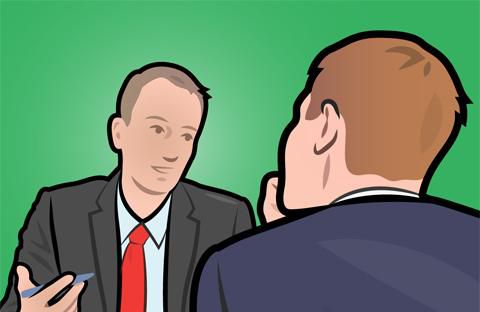招聘经理的秘密武器——行为面试法
|
Let's be honest: Coming out of college, you probably don't have that much real world experience. So how are you going to talk about past experiences in a job interview for a sales position if you haven't sold anything? And how is a potential employer going to gauge whether you'd be a good fit for the company? Hiring managers have a secret -- it's called behavioral interviewing, a technique developed in the 1970s for employers who were frustrated that the people they interviewed turned out to be much different than the people they actually hired. What Behavioral Interviews Show Why the big deal about it? One study showed that behavioral interviews were 55 percent predictive of future job behavior while traditional interviews clocked in at only 10 percent. And behavioral interviewing also cuts through resume exaggerations -- according to the Society of Human Resource Management, 51 percent of resumes have inaccuracies. If you're being asked open-ended questions that force you to draw on events that have happened in your life to answer, you've got yourself a behavioral interview. The difference between "What's your weakness"? and "Tell me about a time you failed at something" might not seem like much, but it forces you to give a different kind of answer. "Employers love behavioral-based interviewing because it allows them to see patterns that are often missed when people are answering basic questions," says Roberta Chinsky Matuson, principal of Human Resource Solutions, an HR consulting firm. "Employers can get past what a candidate says and focus on how they respond." Behavioral interviewing also helps employers get over that hurdle of experience, so any experience you've had is fair game -- extracurricular activities, Greek life, relationships. You can even go back to things that happened to you in Boy or Girl Scouts, or on a sports team. Simple Preparation Tips 更多信息请访问:http://www.engbus.cn/ Some employers like behavioral interviews because they think you can't prepare for it. Think again. No matter how many employers say you can't prepare for them, you can still dig deep into your memory before the interview and be ready to talk experiences that could fit situations your potential employer throws at you. Here are some questions you might encounter, courtesy of Scott Weighart, author of "Find Your First Professional Job: A Guide to Co-ops, Interns and Full-Time Job Seekers": Tell me about a time you: 1.failed at something 2.had to take an unpopular stand 3.really had to go way above and beyond 4.had to show exceptional attention to detail 5.dealt well with a difficult colleague/co-worker 6.showed that you can multitask under pressure Make sure you prepare your stories, too -- you might be able to wing it, but you won't give the best answers if you do. And don't even think of making stuff up. "You don't want to invent stories about yourself that aren't true. Those would be seen through pretty quickly because you need so much detail," says Weighart. |








